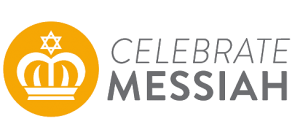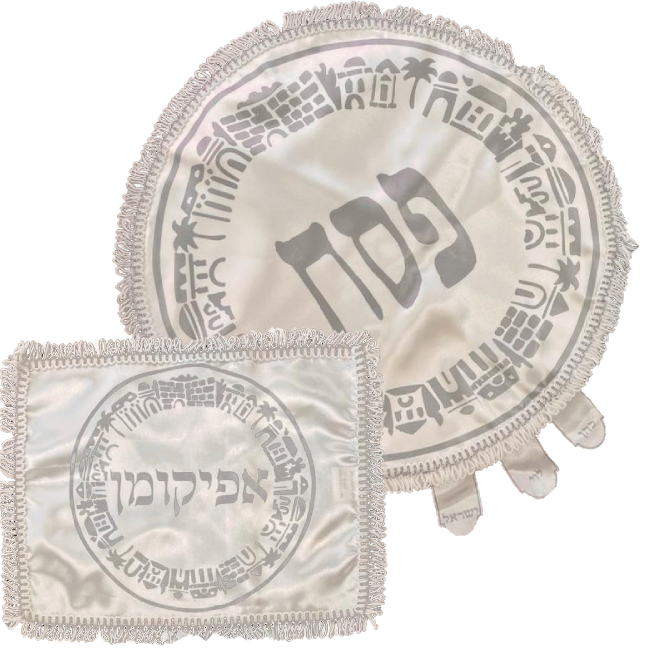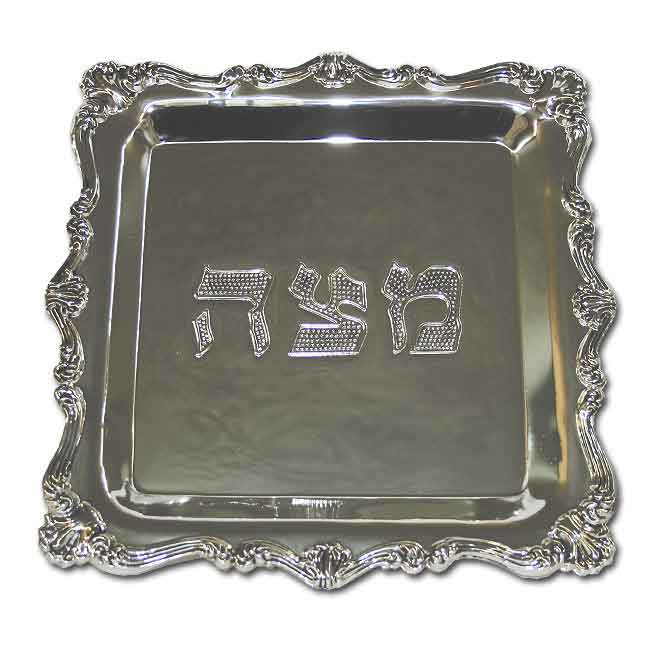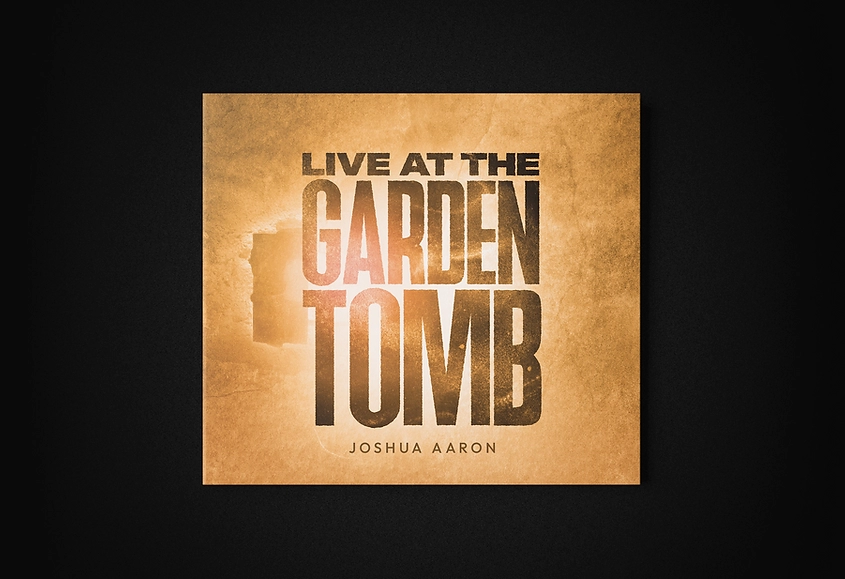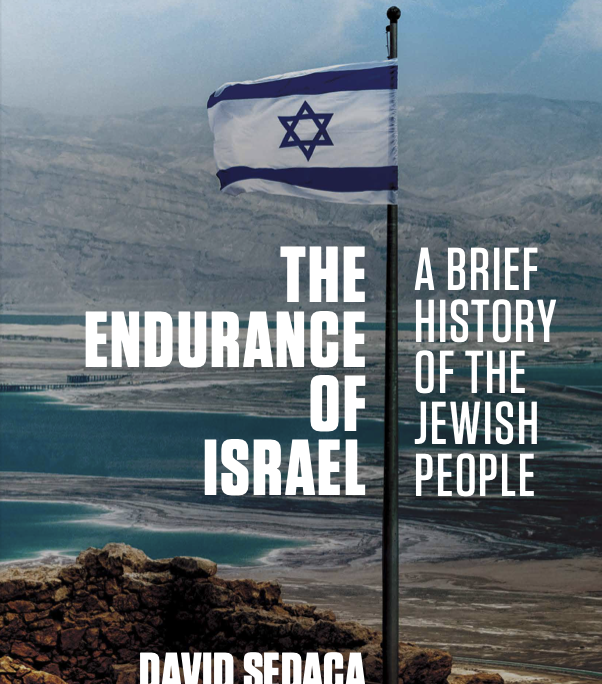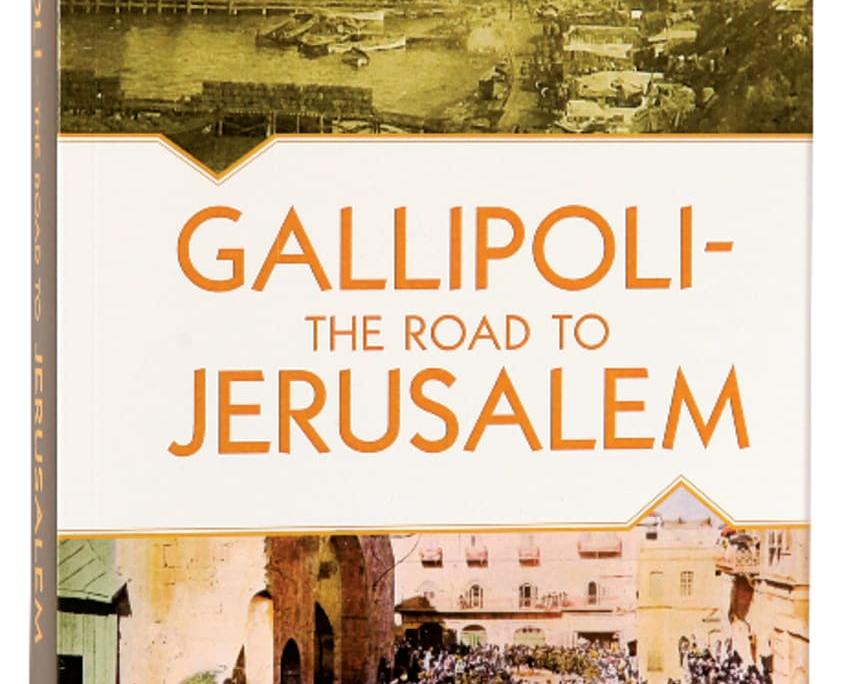 https://www.celebratemessiah.com.au/wp-content/uploads/2024/04/levi-meir-clancy-MQjbJGW1hv8-unsplash-scaled.jpg
1707
2560
Felicity Lorenz
https://www.celebratemessiah.com.au/wp-content/uploads/2023/05/CM-Transparent-Logo-2-300x138-2.png
Felicity Lorenz2024-04-17 14:29:332024-04-18 12:07:51April 2024 Newsletter: Christian Zionism Today
https://www.celebratemessiah.com.au/wp-content/uploads/2024/04/levi-meir-clancy-MQjbJGW1hv8-unsplash-scaled.jpg
1707
2560
Felicity Lorenz
https://www.celebratemessiah.com.au/wp-content/uploads/2023/05/CM-Transparent-Logo-2-300x138-2.png
Felicity Lorenz2024-04-17 14:29:332024-04-18 12:07:51April 2024 Newsletter: Christian Zionism Today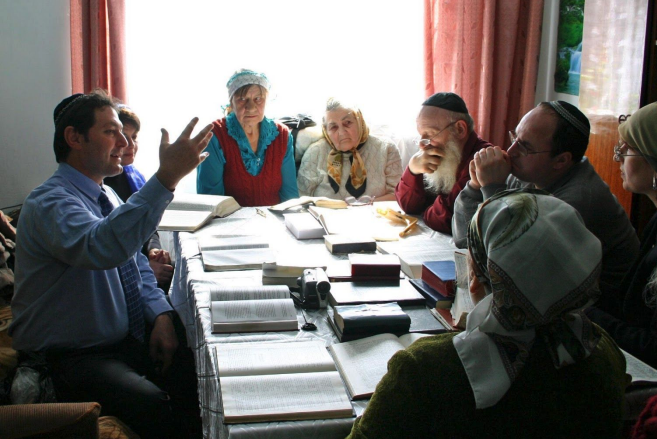
Who We Are
Celebrate Messiah is a Messianic mission organisation. We are Jewish people who believe that Yeshua (Jesus) is the promised Messiah in the Tanakh (Old Testament) texts.
We are based in Australia. Through our partnership with Chosen People Ministries, we do missions work in Canada, Finland, France, Germany, Hong Kong, India, Israel, the Netherlands, New Zealand, Poland, Russia, South Africa, South Korea, Ukraine, the United Kingdom, and the United States.
Our mission is: ‘Giving all Jewish people the opportunity to hear, understand and follow Yeshua the promised Messiah’.
What We Do
Evangelism
Celebrate Messiah Australia exists because we recognise the biblical imperative to share the Gospel with God’s ancient people – the Jewish people. We recognise that the Jewish people, in Australia and worldwide, represent an unreached people group that need to hear about the love of God demonstated in Yeshua the Messiah.
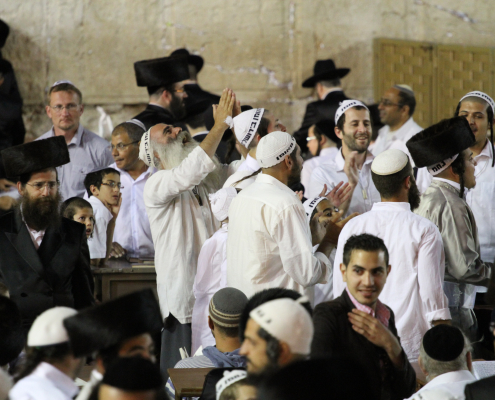
What We Do
ZulaRoo
Our ZulaRoo Surf House serves as a refuge and a catalyst for transformation, an essential step in connecting Israeli travelers with the God of Israel during their Australian journey. The home is overseen by a warm family of believers, who compassionately demonstrates the love and hospitality of Yeshua to these young Israelis.
We need to secure the full cost from purchasing this home – $1.4 million dollars. We invite fellow believers in Yeshua to join us in this vision, so that we may show these young Israelis the love of Yeshua. Will you stand with us?
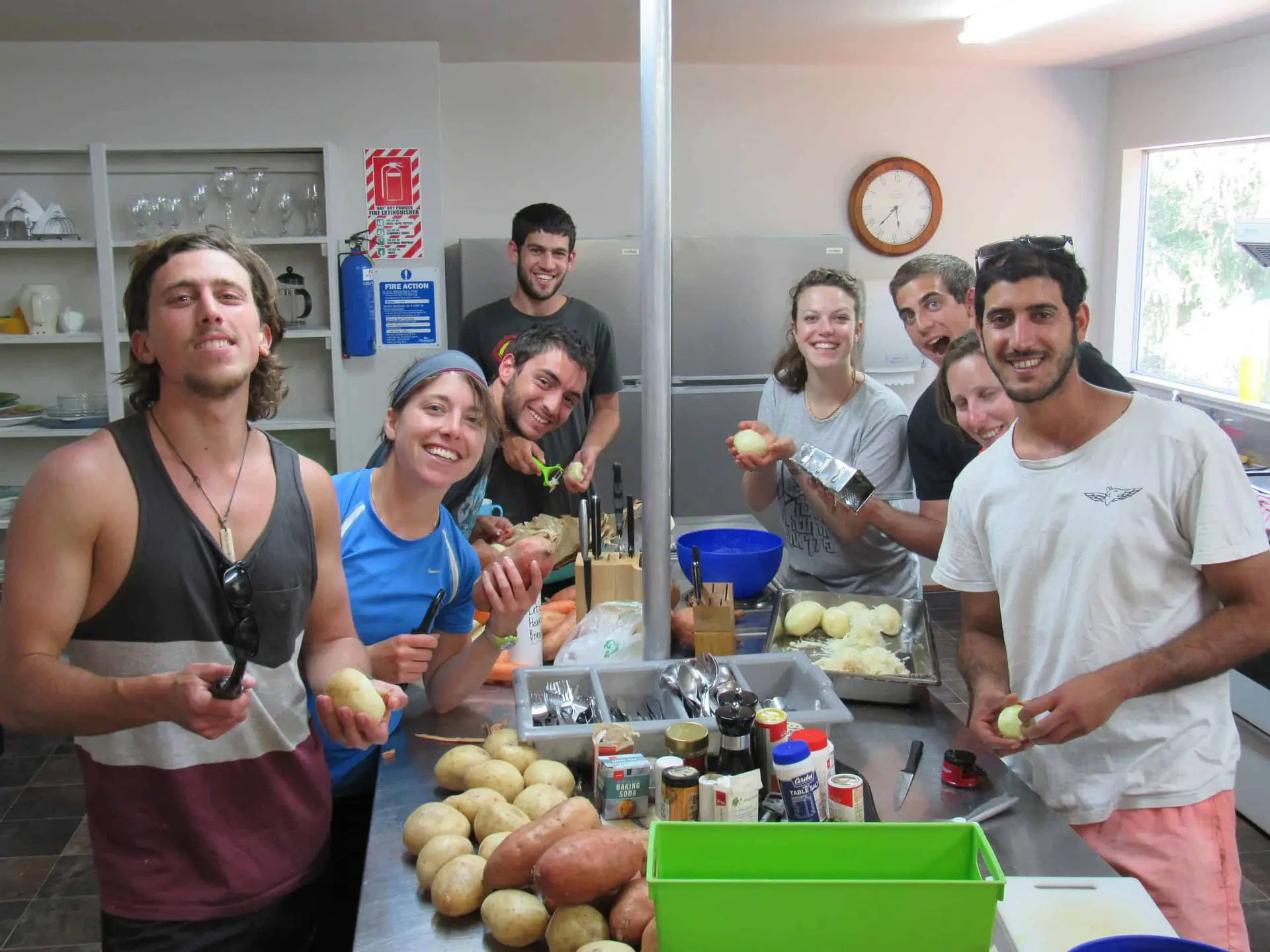
What We Do
Host Israelis
Host Israelis is a ministry in partnership with Chosen People Ministries to train hosts for inviting Israeli backpackers into their homes. It is an opportunity to show hospitality and the love of Yeshua to these young Israelis who have just completed their military service.

What We Do
Messianic
Congregations
Celebrate Messiah has planted three Messianic congregations in Australia (Melbourne, Sydney, and Canberra). In addition, we value the opportunity to be an evangelistic resource to the local church, lending expertise, pastoral care and follow-up of Jewish people as well as Gentiles with a heart for Jewish people.
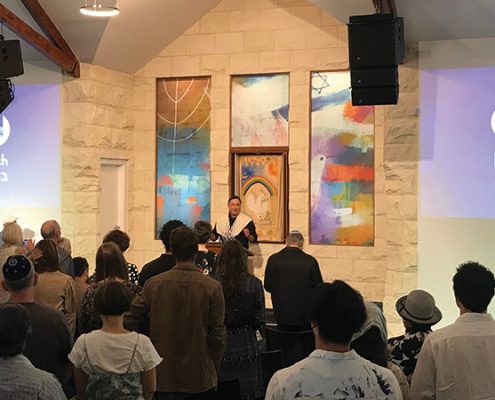
What We Do
Tikkun Olam
Tikkun Olam is about our call to partner with God in his redemptive purposes for mankind, to just show his love to His people through acts of kindness and benevolence. We distribute food hampers to Jewish people in need around Australia, and hold monthly luncheons for the community at our Caulfield Messianic Centre.

What We Do
Messianic Training Centre
The Messianic Training Centre is a catalyst ministry training provider to train, equip, and empower believers for Messianic Jewish life, ministry, and evangelism. We provide online courses in Jewish evangelism, Jewish studies, and biblical studies from a Messianic Jewish perspective.

What We Do
Presentations
Our outreach workers are available to speak at your church or organisation. They can present on a number of topics, including ‘Messiah in the Passover’ and ‘the Jewish Roots of Christianity’. They can also host a Passover Seder for your group.
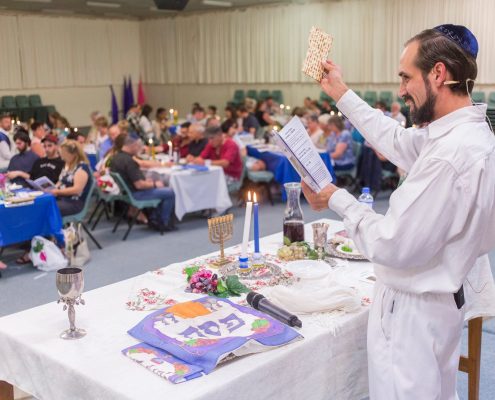
What We Do
Overseas Missions
We partner with ministries like Chosen People Ministries in the United States and Beit Sar Shalom (House of the Prince of Peace) in Israel to bring the gospel abroad. Additionally, we planted Celebrate Messiah in New Zealand as part of our ministry to Israeli backpackers. Finally, we conduct missions outreach in Far East Russia.

What We Do
Evangelism
Celebrate Messiah Australia exists because we recognise the biblical imperative to share the Gospel with God’s ancient people – the Jewish people. We recognise that the Jewish people, in Australia and worldwide, represent an unreached people group that need to hear about the love of God demonstated in Yeshua the Messiah.
What We Do
ZulaRoo
Our ZulaRoo Surf House serves as a refuge and a catalyst for transformation, an essential step in connecting Israeli travelers with the God of Israel during their Australian journey. The home is overseen by a warm family of believers, who compassionately demonstrates the love and hospitality of Yeshua to these young Israelis.
We need to secure the full cost from purchasing this home – $1.4 million dollars. We invite fellow believers in Yeshua to join us in this vision, so that we may show these young Israelis the love of Yeshua. Will you stand with us?
What We Do
Host Israelis
Host Israelis is a ministry in partnership with Chosen People Ministries to train hosts for inviting Israeli backpackers into their homes. It is an opportunity to show hospitality and the love of Yeshua to these young Israelis who have just completed their military service.
What We Do
Tikkun Olam
TTikkun Olam is about our call to partner with God in his redemptive purposes for mankind, to just show his love to His people through acts of kindness and benevolence. We distribute food hampers to Jewish people in need around Australia, and hold monthly luncheons for the community at our Caulfield Messianic Centre.
What We Do
Messianic Training Centre
The Messianic Training Centre is a catalyst ministry training provider to train, equip, and empower believers for Messianic Jewish life, ministry, and evangelism. We train believers in Jewish evangelism and study of the Bible from a Messianic Jewish perspective.
What We Do
Messianic
Congregations
Celebrate Messiah has planted three Messianic congregations in Australia (Melbourne, Sydney, and Canberra). In addition, we value the opportunity to be an evangelistic resource to the local church, lending expertise, pastoral care and follow-up of Jewish people as well as Gentiles with a heart for Jewish people.
What We Do
Presentations
Our outreach workers are available to speak at your church or organisation. They can present on a number of topics, including ‘Messiah in the Passover’ and ‘the Jewish Roots of Christianity’. They can also host a Passover Seder for your group.
What We Do
Overseas Ministry
We partner with ministries like Chosen People Ministries in the United States and Beit Sar Shalom (House of the Prince of Peace) in Israel to bring the gospel abroad. Additionally, we planted Celebrate Messiah in New Zealand as part of our ministry to Israeli backpackers. Finally, we conduct missions outreach in Far East Russia.
New in Store
Latest Newsletters
 https://www.celebratemessiah.com.au/wp-content/uploads/2024/04/levi-meir-clancy-MQjbJGW1hv8-unsplash-scaled.jpg
1707
2560
Felicity Lorenz
https://www.celebratemessiah.com.au/wp-content/uploads/2023/05/CM-Transparent-Logo-2-300x138-2.png
Felicity Lorenz2024-04-17 14:29:332024-04-18 12:07:51April 2024 Newsletter: Christian Zionism Today
https://www.celebratemessiah.com.au/wp-content/uploads/2024/04/levi-meir-clancy-MQjbJGW1hv8-unsplash-scaled.jpg
1707
2560
Felicity Lorenz
https://www.celebratemessiah.com.au/wp-content/uploads/2023/05/CM-Transparent-Logo-2-300x138-2.png
Felicity Lorenz2024-04-17 14:29:332024-04-18 12:07:51April 2024 Newsletter: Christian Zionism Today https://www.celebratemessiah.com.au/wp-content/uploads/2024/02/2401CMNLW_hostisraeliscover.png
3600
2717
Felicity Lorenz
https://www.celebratemessiah.com.au/wp-content/uploads/2023/05/CM-Transparent-Logo-2-300x138-2.png
Felicity Lorenz2024-02-09 15:21:492024-02-15 10:19:58January 2024 Newsletter: Help Us Provide a Refuge for Israelis Travelling to Australia
https://www.celebratemessiah.com.au/wp-content/uploads/2024/02/2401CMNLW_hostisraeliscover.png
3600
2717
Felicity Lorenz
https://www.celebratemessiah.com.au/wp-content/uploads/2023/05/CM-Transparent-Logo-2-300x138-2.png
Felicity Lorenz2024-02-09 15:21:492024-02-15 10:19:58January 2024 Newsletter: Help Us Provide a Refuge for Israelis Travelling to Australia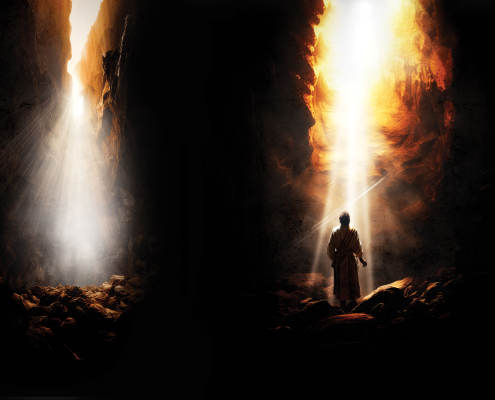 https://www.celebratemessiah.com.au/wp-content/uploads/2023/11/2310NL_BackCover-scaled.jpg
1646
2560
Felicity Lorenz
https://www.celebratemessiah.com.au/wp-content/uploads/2023/05/CM-Transparent-Logo-2-300x138-2.png
Felicity Lorenz2023-11-10 09:56:352023-11-10 10:16:30November 2023 Newsletter: “Purpose-Filled Suffering”
https://www.celebratemessiah.com.au/wp-content/uploads/2023/11/2310NL_BackCover-scaled.jpg
1646
2560
Felicity Lorenz
https://www.celebratemessiah.com.au/wp-content/uploads/2023/05/CM-Transparent-Logo-2-300x138-2.png
Felicity Lorenz2023-11-10 09:56:352023-11-10 10:16:30November 2023 Newsletter: “Purpose-Filled Suffering”Sign Up for Our Email Newsletter
Sign up for Celebrate Messiah email newsletters to receive more information on our ministries, events, and outreach to the Jewish people around the world:
